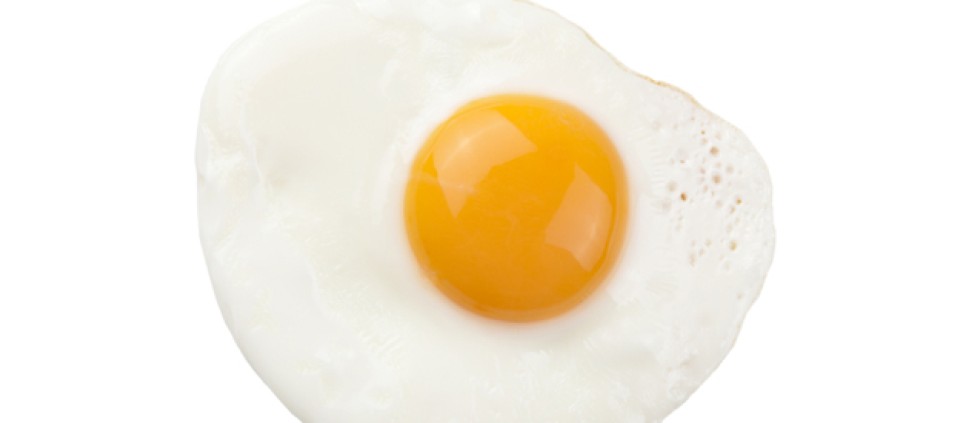Ask the Expert: What Not to Eat and What's Good for You

In this edition of Ask the Expert, nutritionist and Kripalu presenter John Bagnulo, PhD, addresses questions on whether to eat or avoid common ingredients such as fish, eggs, stevia, and whey.
The jury still seems out on the benefits vs. harm of eating fish. Based on the newest available evidence, what are the biggest risks, and do you recommend eating it at all?
I do advise people to eat fish. It offers nutrients that are more elusive in a vegan diet, without the health compromises that other sources of animal protein require you to make. I highly recommend sardines and mackerel as they are small, very clean, and packed with beneficial oils and trace minerals. They are on my top-five food list, in spite of being animals. I recommend that people avoid all big fish, especially large varieties of tuna and swordfish. These are tainted with PCBs, which I am much more concerned with than mercury.
Is there any harm in eating just egg whites (not the yolks)?
No problem eating egg whites, but you do miss out on choline, of which egg yolks are the richest source overall. Choline is great for brain health, and it helps the liver make toxins completely water soluble, so they can be eliminated from the body. One egg yolk has 265 mg of choline, and experts, including Dr. Steven Ziesel at the University of North Carolina, think we need around 600 mg per day. So it offers a lot in a small package. If you like your eggs fried, however, stick with the whites.
What's your opinion on stevia, the “natural sweetener”?
I don’t like stevia. It’s still a sweetener, and it makes things taste too sweet. It defeats the purpose of accepting the natural sweetness of fruit and foods like sweet potatoes or carrots. Those foods cannot compete with stevia or any other potent sweetener, and they end up taking a back seat. Yes, it’s natural and that’s better, and it’s low in calories, but it still acts like a sweetener, encouraging our sweet cravings and stimulating what’s called a cephalic response—when the pancreas releases insulin in response to very sweet tastes.
What are the concerns around consuming whey? Is it just casein that’s worrisome, or is it also whey?
Whey is not as bad as casein, for sure. But, for many, especially those who want to lose weight or are having a hard time staying at a healthy weight, there are much better choices. Whey is anabolic in nature. The amino acids that comprise food are more than just the building blocks for tissue, they are essentially a code to our body and our endocrine system. The amino acids in whey encourage building or storing, which is why there is so much research in sports nutrition showing how whey prevents weight loss in endurance athletes. That’s good for them, but can be an issue for someone who’s trying to stay fit or lose weight.
© Kripalu Center for Yoga & Health. All rights reserved. To request permission to reprint, please e-mail editor@kripalu.org.